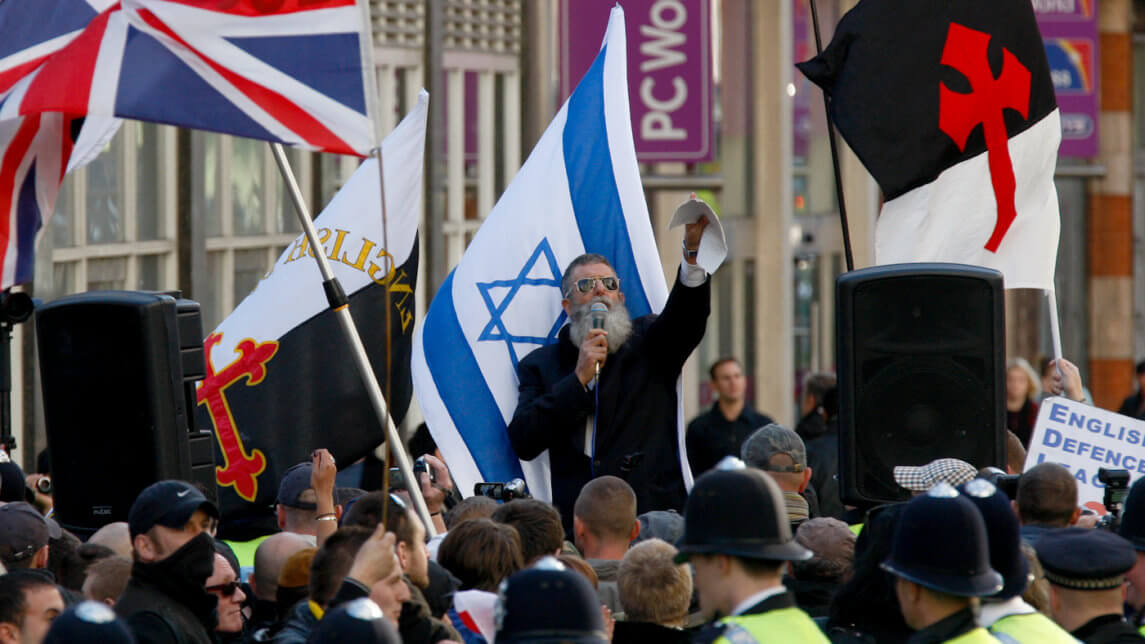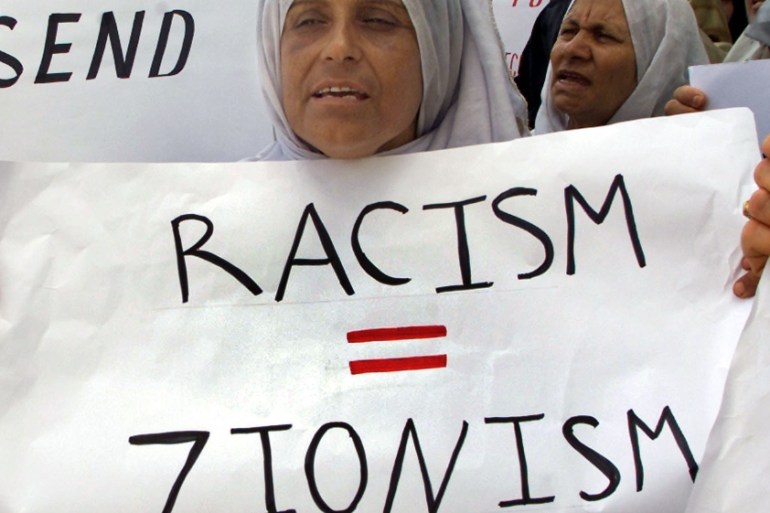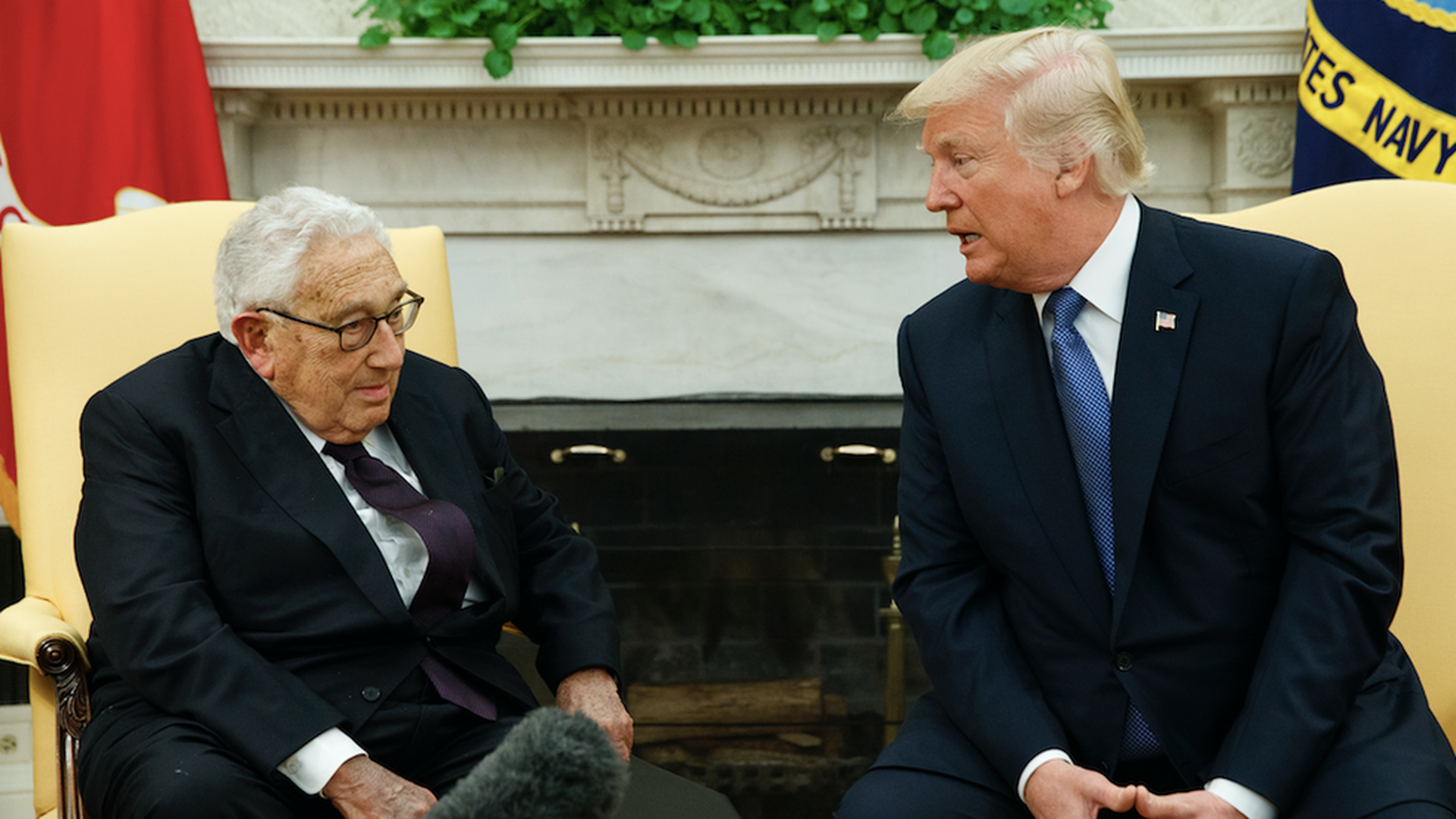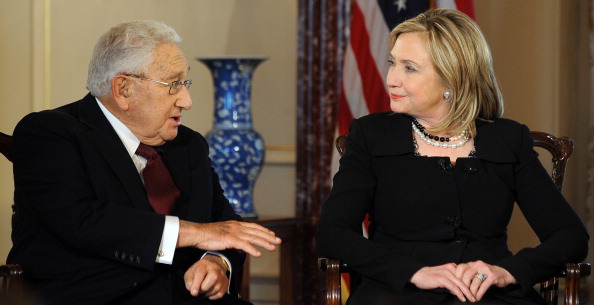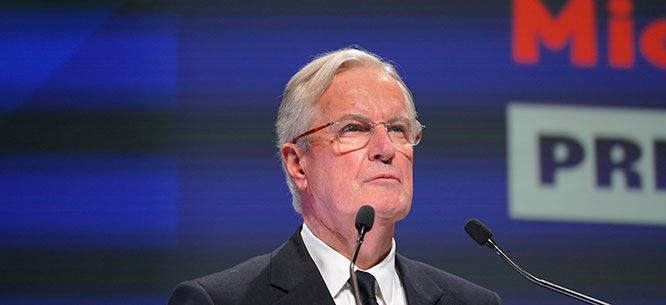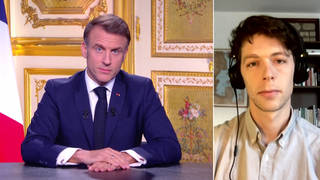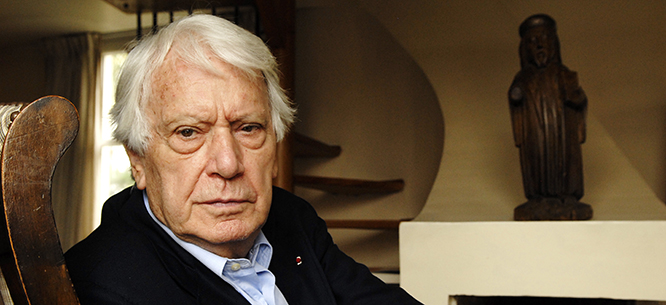Emmanuel Macron[/caption]The singular antics of US President Donald Trump, notably towards supposed allies, has stirred the pot regarding national security in various capitals. From Canberra to Brussels, there is concern that such assumed, if unverifiable notions as extended nuclear deterrence from Washington are valid anymore. America First interests certainly bring that into question, as well it should. If the imperium is in self-introspective retreat, this is to the good. But the internationalists beg to differ, wishing to see the United States as imperial guarantor.
In Europe, the fear at the retreat of Washington’s nuclear umbrella, and the inflation of the Russian threat, has caused flutters of panic. On February 20, 2025, Friedrich Merz, chairman of the Christian Democratic Union and the incoming German chancellor, floated the idea that other states consider shouldering Europe’s security burden. “We need to have discussions with both the British and the French – the two European nuclear powers – about whether nuclear sharing, or at least nuclear security from the UK and France, would apply to us.”
Merz has also explicitly urged European states to accept the proposition that “Donald Trump will no longer unconditionally honour NATO’s mutual defence commitment”, making it incumbent on them to “make every effort to at least be able to defend the European continent on its own.”
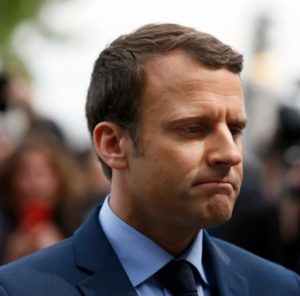 On March 1, French President Emmanuel Macron showed signs of interest. In an interview with Portuguese TV RTP, he expressed willingness to “to open this discussion … if it allows to build a European force.” There had “always been a European dimension to France’s vital interests within its nuclear doctrine.”
On March 1, French President Emmanuel Macron showed signs of interest. In an interview with Portuguese TV RTP, he expressed willingness to “to open this discussion … if it allows to build a European force.” There had “always been a European dimension to France’s vital interests within its nuclear doctrine.”
On March 5, in an address to the nation, Macron openly identified Russia as a “threat to France and Europe”. Accordingly, he had decided “to open the strategic debate on the protection of our allies on the European continent by our (nuclear) deterrent.” The future of Europe did not “have to be decided in Washington or Moscow.”
The matter of France’s European dimension has certainly been confirmed by remarks made by previous presidents, including Charles de Gaulle, who, in 1964, stated that an attack on a country such as Germany by the then Soviet Union would be seen as a threat to France.
Domestically, Macron’s offer did not go down well in certain quarters. It certainly did not impress Marie Le Pen of the far-right National Rally. “The French nuclear deterrent must remain a French nuclear deterrent,” she declared in comments made on a visit to the Farm Show in Paris. “It must not be shared, let alone delegated.” This was a misunderstanding, came the response from Defence Minister Sébastien Lecornu. The deterrent “is French and will remain French – from its conception to its production to its operation, under a decision of the president.”
A number of countries meeting at the European Union emergency security summit in Brussels showed interest in Macron’s offer, with some caution. Poland’s Prime Minister Donald Tusk suggested that “we must seriously consider this proposal.” Lithuania’s President Gitanas Nausėda thought the idea “very interesting” as “a nuclear umbrella would serve as really very serious deterrence towards Russia.” Latvian Prime Minister Evika Siliņa was not inclined to commit to a stationing of French nuclear weapons on Latvian territory: it was “too soon” to raise the issue.
Czech Prime Minister Petr Fiala, on the other hand, found the debate “premature”, as “our security is guaranteed by close cooperation with the United States”. He certainly has a point, given that the United States still, at present, maintains an extensive nuclear arsenal on European soil.
The trouble with deterrence chatter is that it remains hostage to delusion. Strategists talk in extravagant terms about the genuine prospect that nuclear weapons can make any one state safer, leading to some calculus of tolerable use. Thus we find the following comment from Benoît Grémare of the Université Jean Moulin Lyon 3: “[T]he fact remains that without US support, the balance of power appears largely unfavourable to France, which has a total of 290 nuclear warheads compared to at least 1,600 deployed warheads and nearly 2,800 stockpiled warheads on the Russian side.”
While Grémare acknowledges that France’s thermonuclear arsenal, along with the M51 strategic sea-to-land ballistic missile, would be able to eliminate major Russian cities, Russia would only need a mere “200 seconds too atomise Paris” if its Satan II thermonuclear weapons were used. “This potential for reciprocity must be kept in mind amid the mutual bet of nuclear deterrence.”
Logic here gives way to the presumption that such weapons, rather than suggesting impotence, promise formidable utility. This theoretical, and absurd proposition, renders the unthinkable possible: that Russia just might use nuclear weapons against European countries. Any such contention must fail for the fundamental point that nuclear weapons should, quite simply, never be used. Instead, they should be disbanded and banned altogether, in line with the Treaty on the Prohibition of Nuclear Weapons. Unfortunately, the French offer of replacing the US nuclear umbrella in Europe perpetrates similar deadly sins about deterrence.
The post France and the Delusions of Nuclear Deterrence first appeared on Dissident Voice.This post was originally published on Dissident Voice.
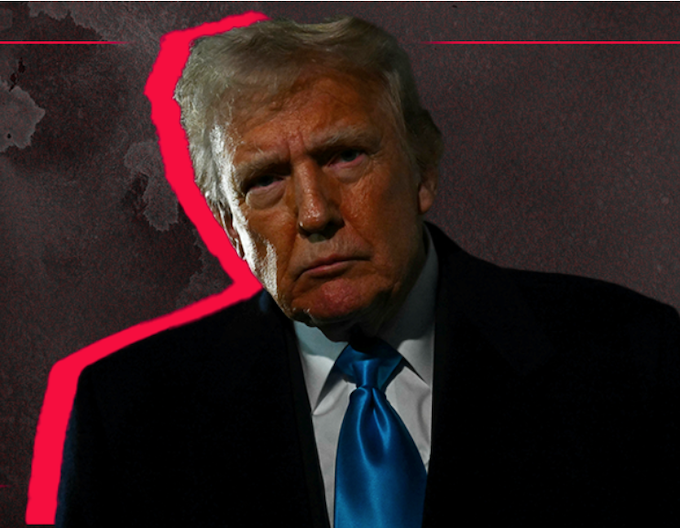
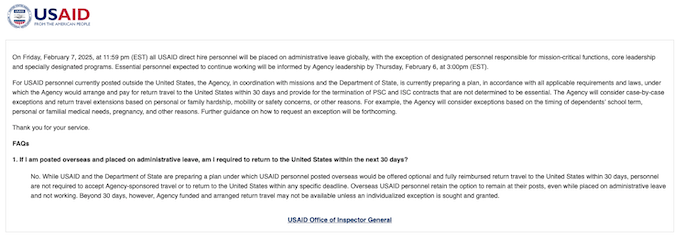
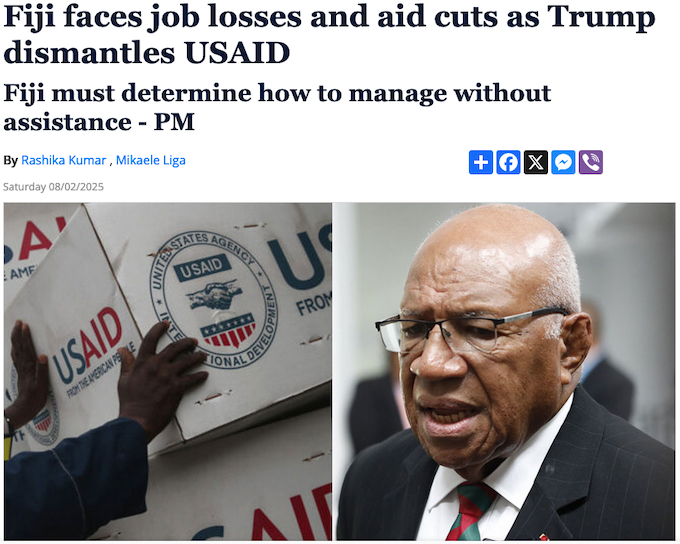

/cdn.vox-cdn.com/uploads/chorus_image/image/69994902/1936_Josephine_Baker___Romain_Maes___Sylvere_Maes.0.jpg)
